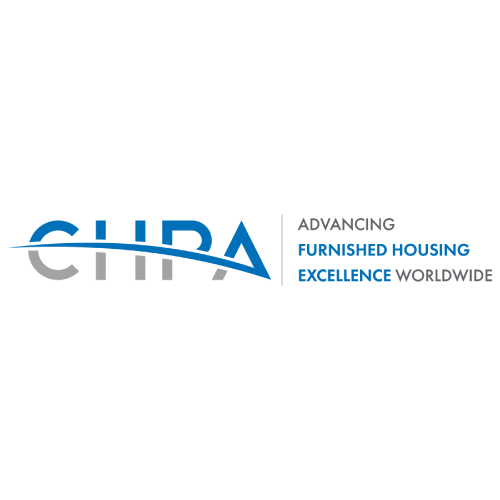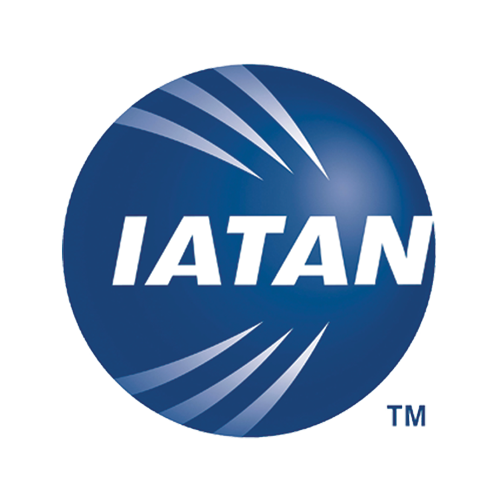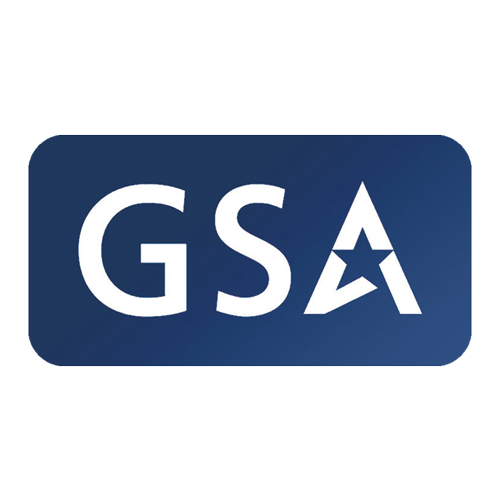Corporate Housing: Tax Perspectives for the big week and beyond

“The hardest thing in the world to understand is income taxes.” – Albert Einstein
The deadline looms this week! For 2022 U.S. Income Tax filing, April 18th is the big day! While many taxpayers have already diligently submitted, others are seeking extensions as they examine the complications of tax law and strategies to optimize business expense benefits or reduce debt. For businesses and business travelers, the changes in tax policy are fluid and impactful.
Employer deductible expenses
Corporate housing, also known as temporary lodging, is recognized as a strategic differentiator in the “battle for talent.” The benefit to employer and employee is appreciated at all level of enterprise – from intern to executive.
For the employer, the deductible tax benefit of a properly configured employee housing program can off-set recruiting, on-boarding, training and retention costs. However, for the employee, such programs introduce a tax obligation that should be reported as income.
What qualifies as a temporary housing benefit? Housing or lodging includes, but is not limited to any of the following:
- Employer-provided housing for employees at a specific location.
- Employer paid housing of employee’s choice, using a housing allowance; often referred to as a “stipend”
- Employer paid single-contribution toward employee’s preferred housing selection; often referred to as a “lump sum” benefit
- Temporary lodging for employees while they travel on company business.
Per IRS guidelines, these kinds of expenses can be tax deductible to the employer/business as long as they can be shown to be reasonable and necessary.
Employee taxable benefits
Housing benefits are considered compensation and should be reported as income by the employee, unless all three of these conditions are met:
- The housing is provided on the property owned by the business or employer.
- The housing is provided for the convenience of the employer. The employer must have a “substantial business reason” for this, such as a remote work location (think mining, fisheries, research.)
- The employee must accept housing as a condition of employment, agreed by both employer and employee as of work start date.
To reduce employee out-of-pocket expense, employers may offer “tax gross ups” to cover the tax obligation of the employee. This additional step then ensures that the temporary housing benefit is enjoyed by the employee as it is intended to be.
Military housing
For our nation’s military families, the advantages of temporary lodging are exponential. The value varies, depending on destination and duration of duty – by State and abroad. Military pay, retiree pay, survivor benefits and even social security income may have different rules for reporting, depending on residency, level/rank or income limits. Additionally, temporary lodging may be calculated as income. For more information, this resource may be helpful – State Tax Information for Military Members and Retirees | Military.com.
Whether wrapping up those final details for 2022, or preparing business expense management and strategy for balance of 2023 – the business advantages of including corporate housing/temp lodging into employee benefits are vast, for both employer and employee. Remember: Always seek the professional guidance of licensed tax advisors and accountants to ensure compliance and eliminate risk of penalty!







